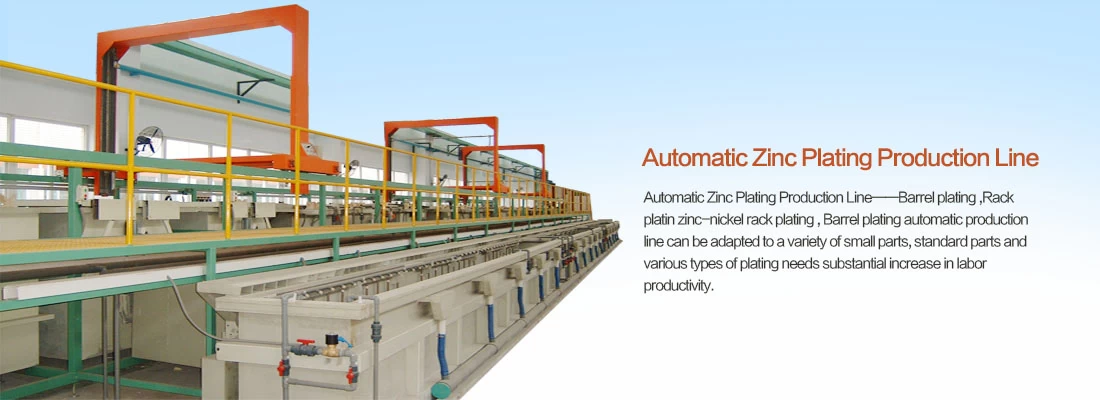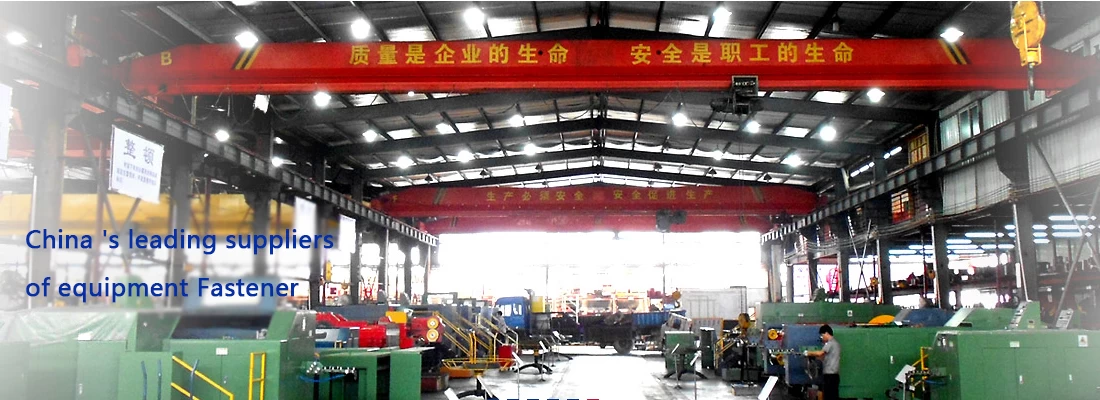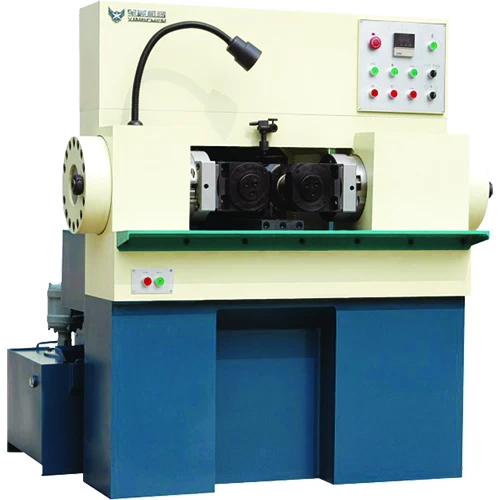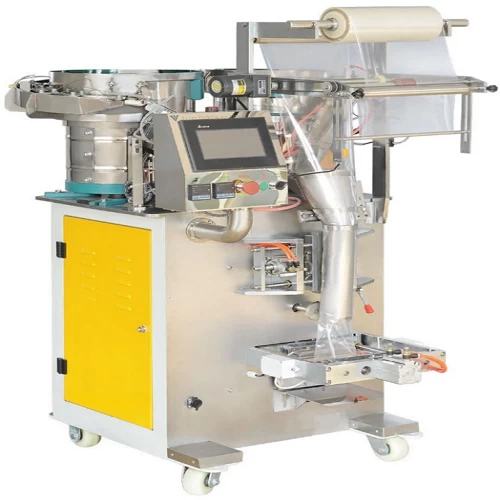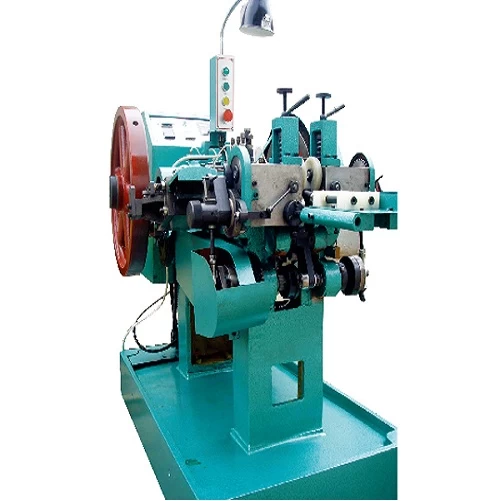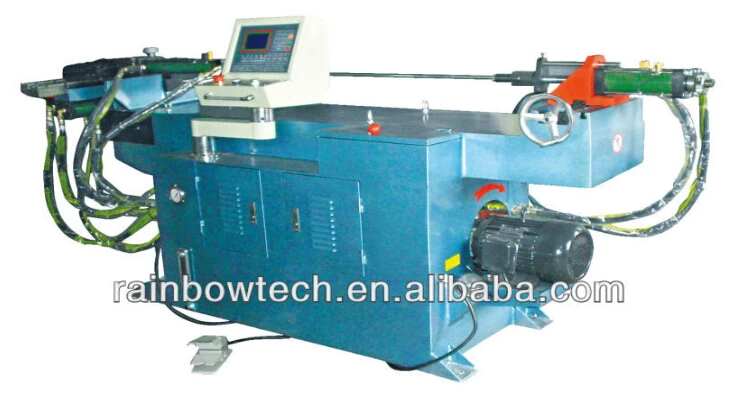Importance of Furnaces in Heat Treatment Processes
Definition of Heat Treatment
Heat treatment is a controlled process used to alter the physical and sometimes chemical properties of a material, typically metals or alloys. This alteration is achieved through heating, cooling, and often holding the material at a specific temperature. The primary objectives of heat treatment include improving hardness, strength, toughness, and other mechanical properties while minimizing distortion.
Importance of Furnaces in Heat Treatment Processes
Furnaces play a pivotal role in executing heat treatment processes. These specialized heating devices create the controlled environments necessary for achieving precise temperature conditions during heat treatment. The choice of furnace directly impacts the effectiveness of the treatment, influencing the material’s final properties.
Brief Overview of Key Considerations
Temperature Control: The ability to precisely control and maintain temperatures is crucial for achieving desired material properties. Different heat treatment processes require specific temperature ranges, and furnaces must provide this accuracy.
Uniform Heating: Furnaces need to ensure even distribution of heat across the material. This uniformity prevents inconsistencies and ensures that the entire material undergoes the desired transformation.
Cooling Mechanisms: Some heat treatment processes involve rapid cooling. Furnaces may incorporate features or mechanisms for controlled cooling rates, a critical consideration for achieving the intended material characteristics.
Material Compatibility: The type of material being treated influences the choice of furnace. Different materials react differently to heat, and the furnace must be compatible with the specific material’s characteristics.
Safety Measures: Furnaces must adhere to safety standards to protect both the material being treated and the personnel involved in the process. This includes features such as emergency shut-off systems and protective enclosures.
Energy Efficiency: In the context of modern industrial practices, energy efficiency is a key consideration. Efficient furnaces not only reduce operational costs but also contribute to sustainability efforts.
Regulatory Compliance: Industries must adhere to various standards and regulations governing heat treatment processes. This includes standards like AMS 2750, NADCAP, and CQI-9, which ensure quality and consistency.
Size and Capacity: The furnace must be appropriately sized to accommodate the volume and size of the materials being treated. This ensures efficiency and prevents unnecessary energy consumption.



